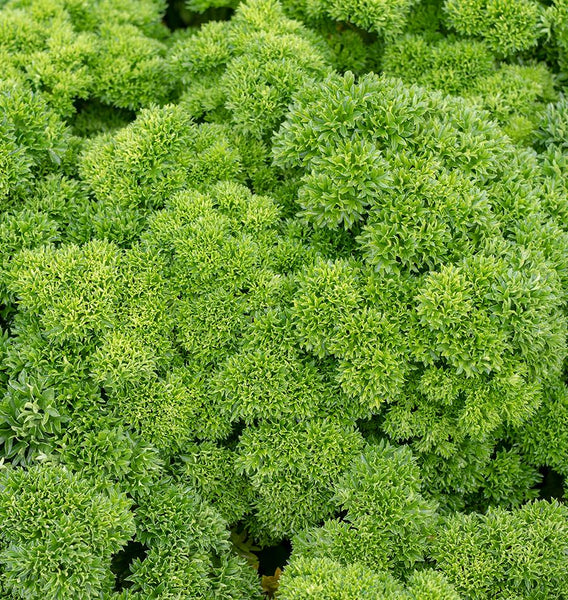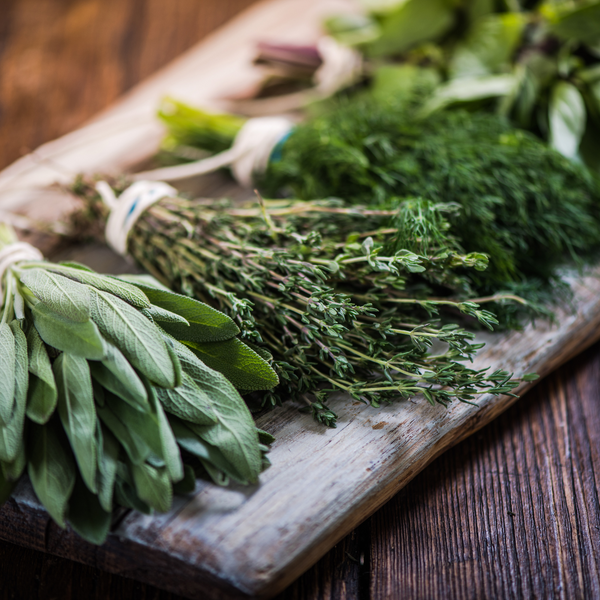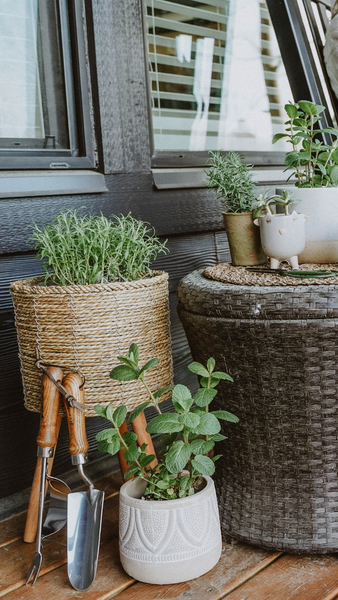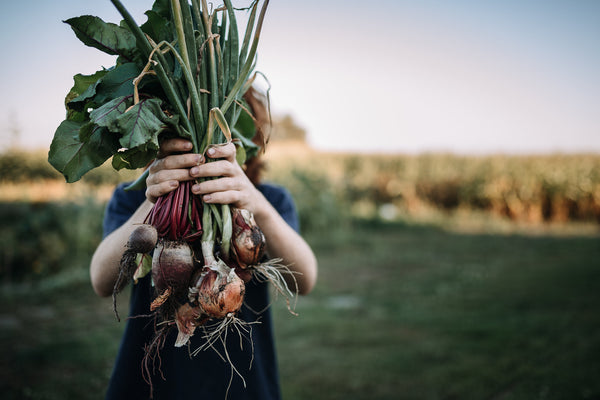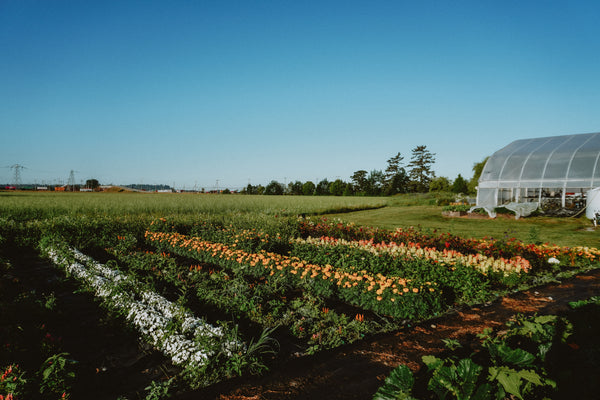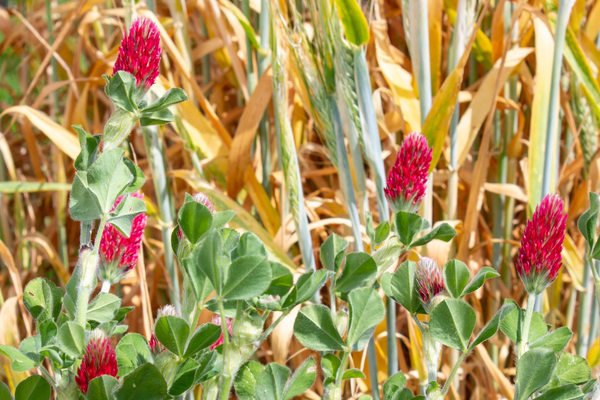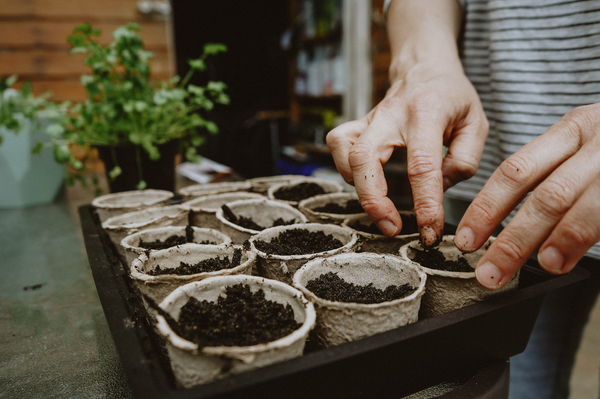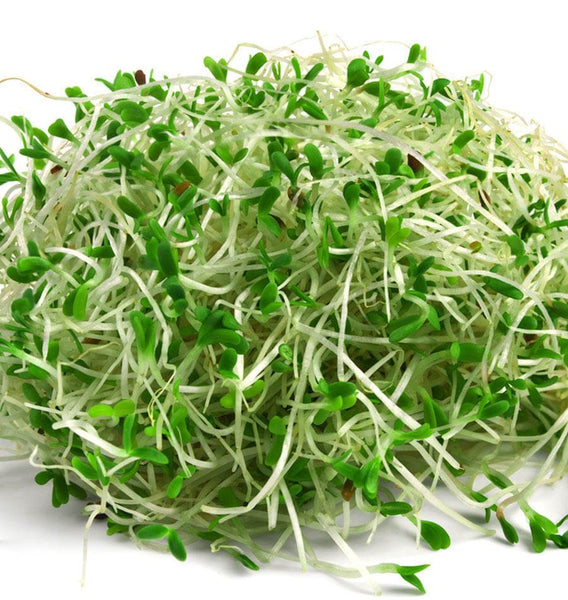Rosemary is not quite as simple from seed as many other herbs, but it can be achieved by novice gardeners if they take certain precautions. It is a woody perennial that grows slowly, and won’t be ready for harvesting during the first year of growth. If growing rosemary in containers, provide monthly feedings of liquid fertilizer. Keep watered in hot weather. Continue reading below for some great tips on how to grow rosemary from seed.
Latin
Salvia rosmarinus (previously Rosmarinus officinalis)
Family: Lamiaceae
Difficulty
Challenging
Season & Zone
Exposure: Full sun
Zone: Hardy to Zone 8
Timing
Sow indoors from late winter to early spring. Transplant or direct sow starting in late spring, once soil has warmed. Starting indoors is more reliable. Use bottom heat to maintain an optimal soil temperature of 27-32°C (80-90°F).
Starting
Most nurseries grow rosemary from cuttings, not seeds. Germination is notoriously low, so plant more seeds than needed. Sow them barely covered with sterilized seed starting mix over bottom heat. Once germinated, rosemary is highly prone to damping off, so keep watering to a minimum, provide bright light, and ventilation. Keep each plant in its own pot for the first winter and offer them protection from severe cold. Transplant to the garden the following spring at a spacing of 60-90cm (24-36″).
Growing
If growing rosemary in containers, provide monthly feedings of liquid fertilizer. Keep watered in hot weather. Mulch around all rosemary plants as cold weather approaches. If their roots freeze in times of hard frost, the plants will die.
Harvest
Harvest individual leaves by pulling them off the plant. Harvest branches or stems for drying by cutting with a clean, very sharp knife. Scissors may crush the plant’s tissues at the cut end.
Companion Planting
Rosemary is a good companion for beans, Brassicas, and carrots.
More on Companion Planting.
